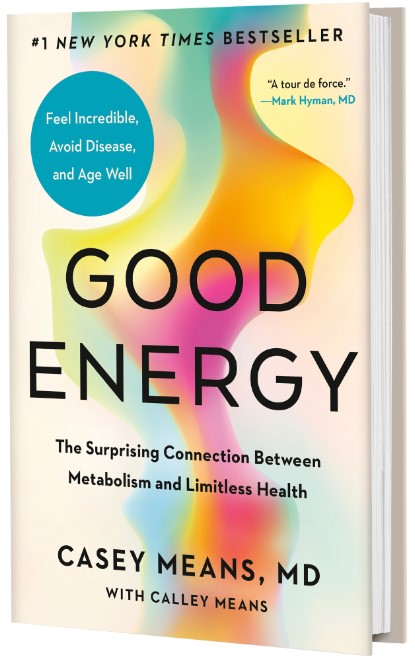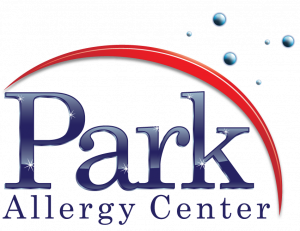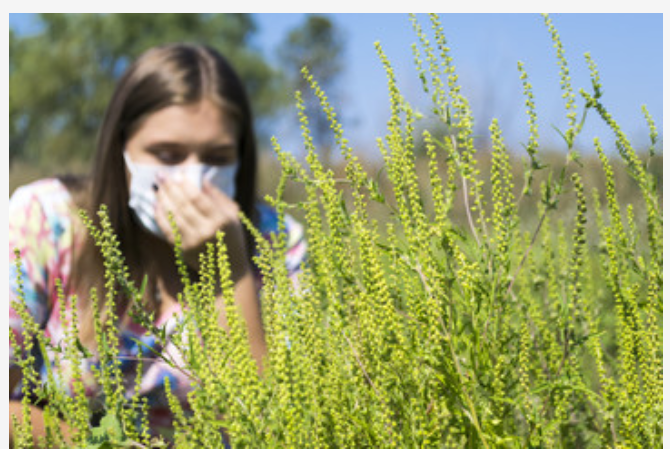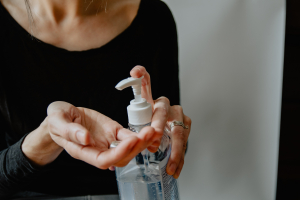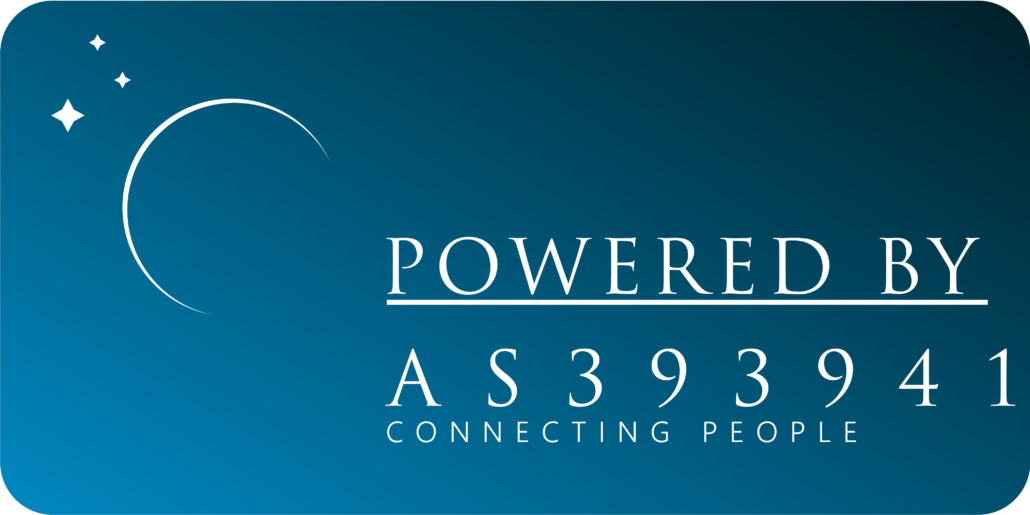Assume you have the virus and act accordingly. Most people act defensively, trying to not to get infected. On the other hand, acting as if you already have the virus and doing your best to prevent infecting others is another step up in prevention. The number of times you clean you hands will go up significantly.
Do not let your respiratory droplets land on someone else. Obvious sources of respiratory droplets are sneezing and coughing, but one important source that can’t be overlooked is talking. All of us spit a little, some more than others, while we talk. Make sure you are at least 3 feet away when talking to someone, even loved ones (yes 6 feet is even better).
Keep your hands clean, as they are a primary source of spreading respiratory droplets. Lick your finger? Clean your hands. Touch your face? Clean your hands. Touch your hair? Clean your hands. Eat something? Clean your hands. Reach for another slice of pizza? Clean your hands before grabbing another slice. Drink something? Small droplets of saliva can land on you hands, contaminating them. Clean your hands.
Further, be aggressive with your defenses. Open or close a public door? Clean your hands. Pump gas into your car? Clean your hands. Light switch. Clean your hands. Keyboard/mouse? Clean your hands. Pencil? Clean your hands. Get the picture?
